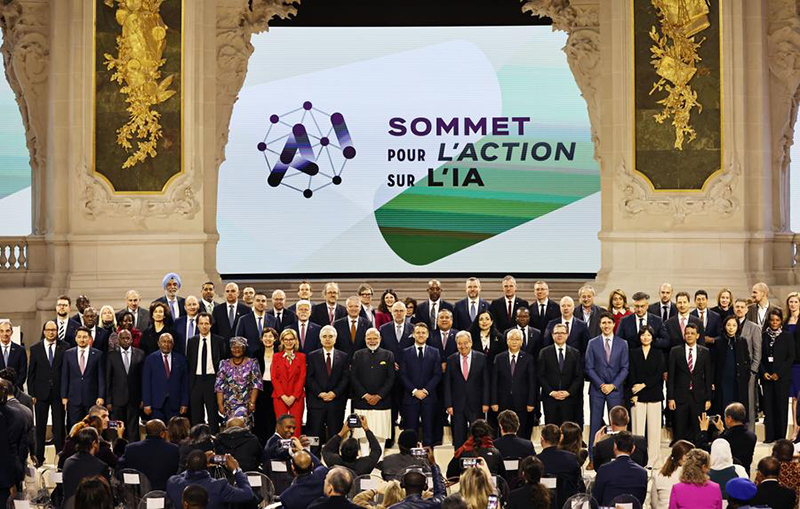
Wang Youming, Senior Research Fellow of BRICS Economic Think Tank, Tsinghua University
Feb 07, 2025
While the Western outlook on global governance reveals defects and weaknesses, the new outlook proposed by BRICS countries has attracted broad international attention.
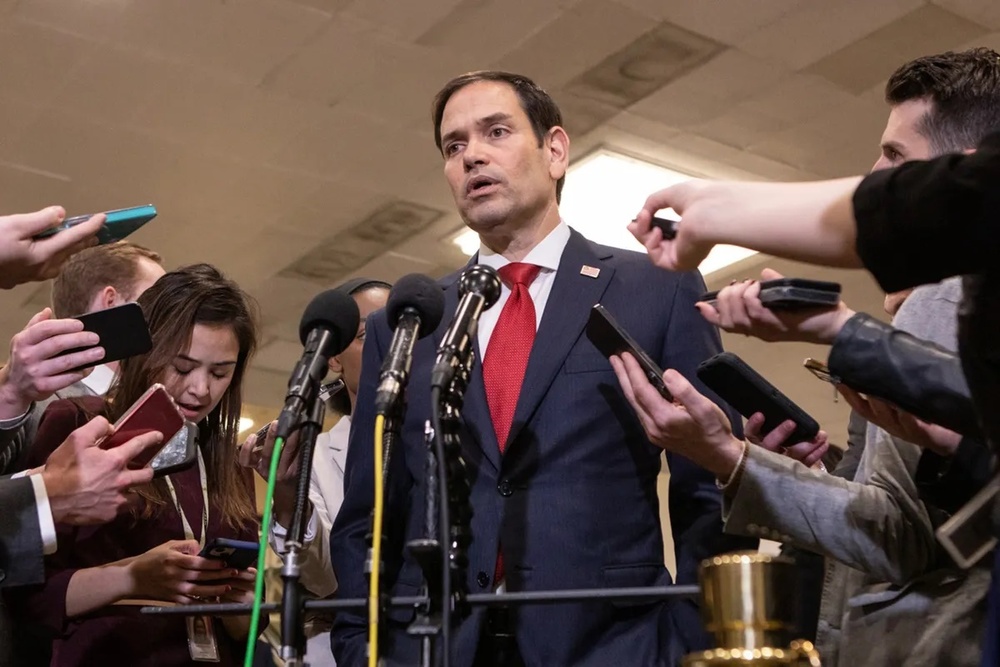
Mallie Prytherch, Researcher at Centre on Contemporary China and the World, University of Hong Kong
Feb 07, 2025
Secretary of State Marco Rubio recently stated that multipolarity is not only the preference, but the norm in the Trump administration—a dramatic shift in U.S. foreign policy. But unlike China’s globally engaged model, Rubio’s approach prioritizes U.S. interests, reflecting a more transactional and less globally engaged stance.
Zhou Xiaoming, Former Deputy Permanent Representative of China’s Mission to the UN Office in Geneva
Jan 28, 2025
Washington and Beijing display stark contrasts in their approaches to the world and to each other. The dividing lines highlight the extremes — perpetrators and victims, oppressors and the oppressed, aggressors and defenders.
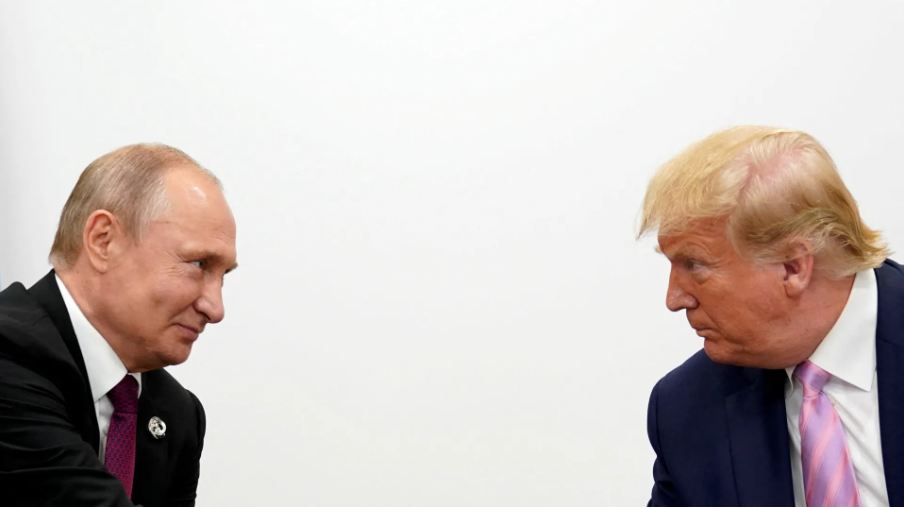
Richard Weitz, Senior Fellow, Hudson Institute
Jan 17, 2025
China and Russia, long united by shared strategic objectives, have formed a quasi-alliance that poses a significant challenge to U.S. interests. As the Trump administration navigates this complex relationship, could strengthening U.S. alliances and boosting military readiness be the key to countering this formidable partnership?
Debasish Roy Chowdhury, Author
Jan 15, 2025
Weeks before his return to the White House, US President-elect Donald Trump issued a pointed warning to the BRICS countries. “Go find another sucker,&rdqu
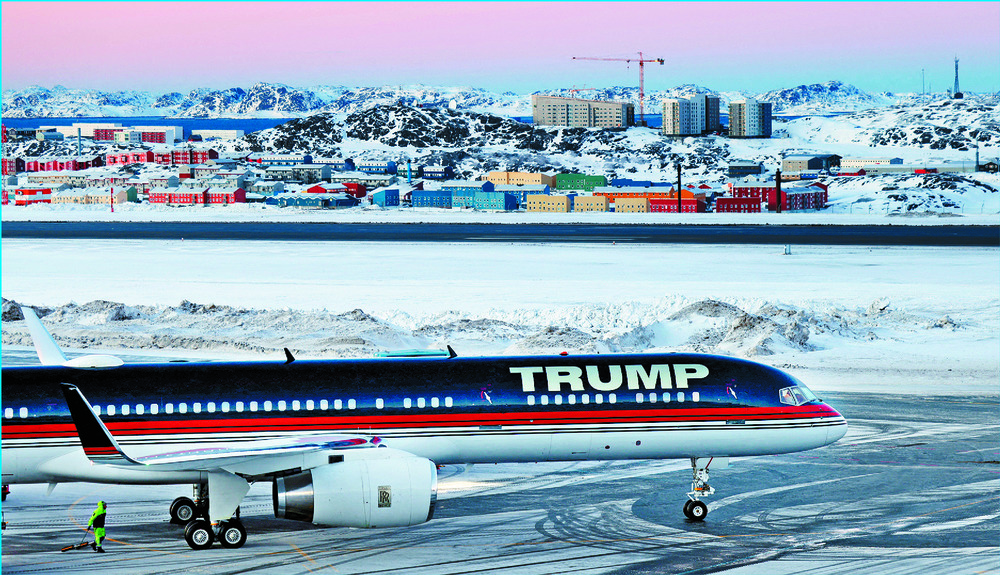
Sebastian Contin Trillo-Figueroa, Geopolitics Analyst in EU-Asia Relations and AsiaGlobal Fellow, The University of Hong Kong
Franz Jessen, Former EU Ambassador to the Philippines and Vietnam; EU Deputy Head (Beijing); Economist and Diplomat in EU-Asia Relations
Jan 10, 2025
Greenland is synonymous with the far reaches of the Northern Atlantic, out of the way of major global events, but now with an ever growing demand for energy and Donald Trumps’ bold overtures, could the remote island become a hotbed of competing global interests?
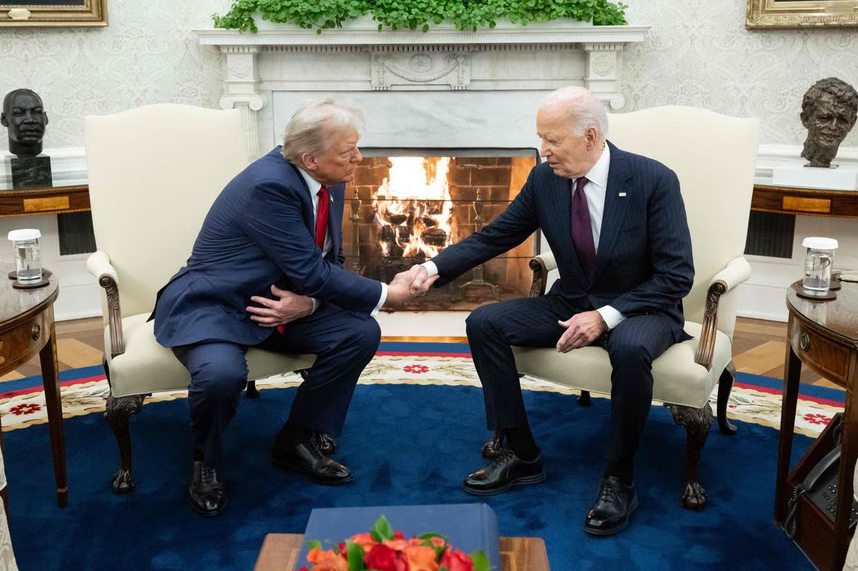
Fan Gaoyue, Guest Professor at Sichuan University, Former Chief Specialist at PLA Academy of Military Science
Jan 10, 2025
The most prominent characteristic of the incoming U.S. president is uncertainty. China, especially, must drop all illusions and prepare to compete so that it can sit tight in the fishing boat and steer it to safety. The wind and waves are likely to rise under a more experienced — and possibly less restrained — American chief executive.
Joseph S. Nye, Professor, Harvard University
Jan 07, 2025
One question that 2025 may begin to answer is whether the BRICS (Brazil, Russia, India, China, South Africa) is becoming the new center of power in world politics. Now that the group has added new members (Egypt, Ethiopia, Iran, and the United Arab Emirates) and come to represent 45% of the world population, some believe that it is consolidating the (misleadingly named) “Global South” and posing a serious challenge to American and Western power. But I remain skeptical of such claims.
Xiao Bin, Deputy Secretary-general, Center for Shanghai Cooperation Organization Studies, Chinese Association of Social Sciences
Jan 07, 2025
When he enters the White House, Donald Trump is going to need a resolution of the Ukraine conflict. But Russia’s decision-makers are unlikely to yield to him. Even if Trump got his way, the underlying issues between Russia and the West would persist.
Zhang Tuosheng, Principal Researcher at Grandview Institution, and Academic Committee Member of Center for International Security and Strategy at Tsinghua University
Jan 07, 2025
China must see to its own domestic affairs and promote all-around socioeconomic progress. Externally, it must walk the path of peaceful development without wavering, adhere to an independent foreign policy of peace and hold fast to multilateralism to foster solidarity with other nations. Only in this way can we overcome the severe challenges that are coming our way.